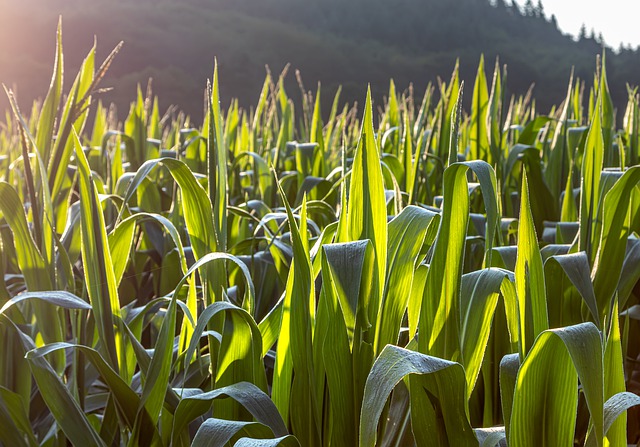June 6, 2022
By Lynda Kiernan-Stone, Global AgInvesting Media
Vertically integrated producer, distributor, and marketer of fresh fruits and vegetables Fresh Del Monte announced its expansion into the row crop business. The move is being made as a way to optimize the company’s assets, capitalize upon underutilized land, and help the company be a solution to the world’s food shortage challenges, all while generating an additional income stream.
“We as a company are large-scale farmers, and we’re also big on asset optimization and thinking outside the box when it comes to leveraging all our assets,” said Mohammad Abu-Ghazaleh, chairman and CEO, Fresh Del Monte. “Growing row crops is an excellent way for Fresh Del Monte to leverage its idle lands.”
This new undertaking will employ crop rotation with row crops such as corn or sugar cane being grown on resting land between crop crop seasons, not only creating jobs during the company’s core-crop off-season, but also producing grain during a looming global grain shortage, and improving the biodiversity of the soil by balancing beneficial and harmful pests.
In the article Single-Crop Farming: Global Practices and Ecological Threats, published in GAI News in October 2021, Tatyana Golembovskaia with EOS.com explained, “Plants need many resources to grow. However, if the crop is planted in the same field for a long period, it limits its chance to use other nutrients in the soil. Due to the cultivation of the same plant, again and again, monoculture reduces the composition of nitrogen in the soil. Once the land is used for one crop, soil fertility, organic content, and structure suffer, making it vulnerable to degradation and erosion by wind and water.”
“All in all, monoculture is a system that works against the natural ecological process,” noted Golembovskaia. “An alternative to it would be permaculture, which implies smart crop rotation to ensure sustainable food production. Wider implementation of permaculture could help prevent the harmful impact monoculture is having on the environment.”
“The benefits are multifold,” said Abu-Ghazaleh. “Not only do we become a bigger part of the global food shortage solution, but we also better prepare our grounds for the following core seasons. We also generate an additional stream of income by producing short-rotation, row crops.”
This expansion has already begun with white corn in Guatemala, where Fresh Del Monte plans to conduct its first row crop harvest in July 2022. The company also is currently scouting and examining hundreds of hectares of land that go through rest periods throughout the growing year as additional areas of opportunity for further row crop rotation.
~ Lynda Kiernan-Stone is editor with GAI Media, and is managing editor and daily contributor for Global AgInvesting’s AgInvesting Weekly News and Agtech Intel News, as well as HighQuest Group’s Unconventional Ag. She can be reached at lkiernan-stone@
*The content put forth by Global AgInvesting News and its parent company HighQuest Partners is intended to be used and must be used for informational purposes only. All information or other material herein is not to be construed as legal, tax, investment, financial, or other advice. Global AgInvesting and HighQuest Partners are not a fiduciary in any manner, and the reader assumes the sole responsibility of evaluating the merits and risks associated with the use of any information or other content on this site.

Let GAI News inform your engagement in the agriculture sector.
GAI News provides crucial and timely news and insight to help you stay ahead of critical agricultural trends through free delivery of two weekly newsletters, Ag Investing Weekly and AgTech Intel.




